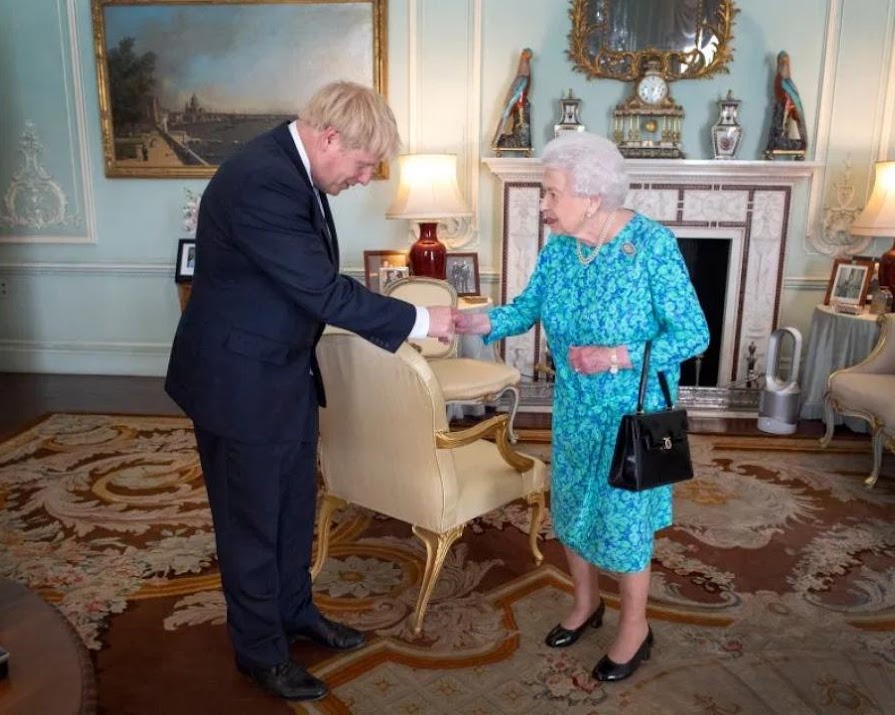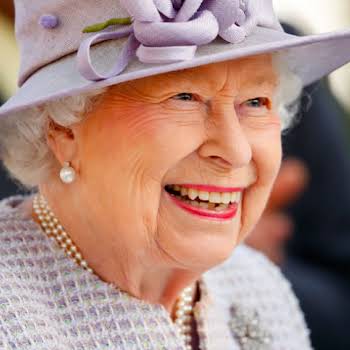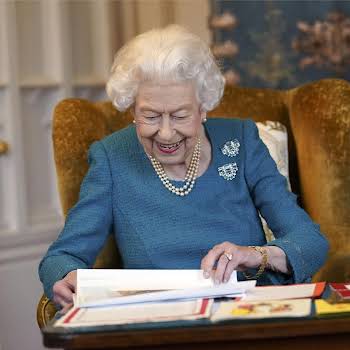
By Jennifer McShane
28th Aug 2019
28th Aug 2019
More importantly, what does this mean for Brexit? Not a whole lot of good if Britain is to leave the EU with some sort of deal in place…
On Wednesday, UK Prime Minister Boris Johnson requested that Queen Elizabeth suspend the British parliament in a controversial move known as prorogation. Prorogation is the official way of pausing UK Parliament in order to start a new session and bring about a fresh bout of legislation. During that period, there is no scrutiny of the Government and MPs’ powers are largely redundant.
The Queen granted Prime Minister Boris Johnson’s request to suspend or prorogue the UK parliament from mid-September for five weeks.
Conveniently, this will be the longest parliamentary session on record; when MPs return on October 14 for the Queen’s Speech there will be just over two weeks to Brexit.
There has been, naturally, an outcry to this decision from opposition parties – it’s been called a “constitutional outrage” – but Johnson has insisted this is nothing to do with Brexit, only that he doesn’t want to wait until after Brexit to get on with his policy plans.
But of course, it’s about Brexit.
With Prorogation in place for this length of time – unprecedented in our modern era – it restricts the time MPs have to debate Brexit and stop the UK leaving the EU without a deal. Johnson insists there will be “ample opportunity to do this before October 31”, but two weeks is hardly ample time, considering a deal couldn’t be reached in over three years thus far. It’s a strategic and provocative move – and he knows it.
As far as the Queen’s role in granting this, the power to prorogue parliament rests with the British monarch, so while she could theoretically have refused the request, former PM John Major has said it would be “almost inconceivable” that she would not grant it, being bound by precedent.
What happens now?
So far, we’re not entirely sure. The leader of the opposition Labour Party Jeremy Corbyn has written to Queen Elizabeth to express grave concern about Mr Johnson’s move to suspend parliament and has also reportedly requested a meeting with the queen. Some protests are taking place throughout the capital and a petition against the suspension is garnering big numbers:
A petition against @BorisJohnson‘s suspension of parliament is attracting signatures at a rate of more than 1,000 per minute https://po.st/X1SZAh
— Sky News (@SkyNews) August 28, 2019
“I have protested in the strongest possible terms on behalf of my party and all the other opposition parties that are going to join in with this in saying that suspending parliament is not acceptable,” he said. But it seems unlikely the suspension would or could be lifted.
Many speculate that this latest move by Johnson is an underhand way to trigger an election. If he wins an outright majority he could then deliver the Brexit he wants and could also tell the EU he wants new Brexit talks because he has a fresh mandate from the people. It would free him to ignore what has been tabled and loosely agreed thus far and go with his own game plan.
A hard Brexit is beginning to look more likely as each week passes.
Main photograph: @PamelaGeller























